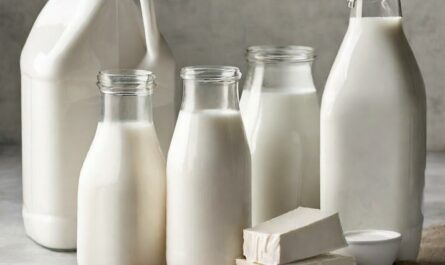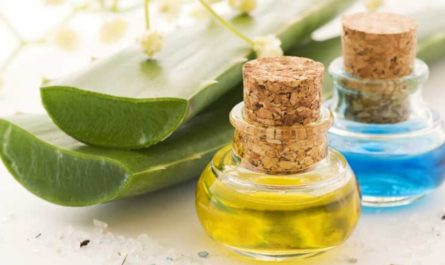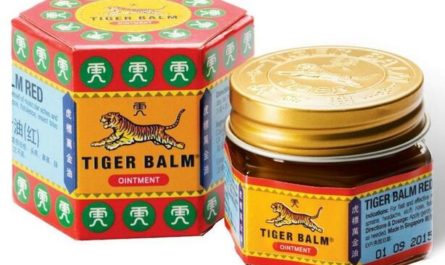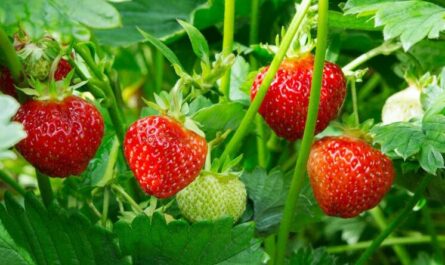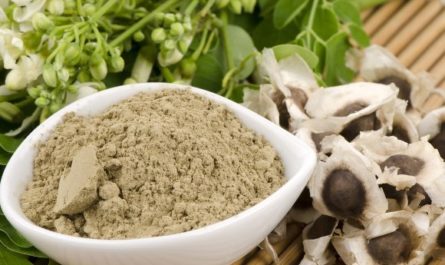The liver is one of the most important organs in the body. It can filter toxins, process nutrients, and perform hundreds of other vital functions. So Keeping your liver healthy is crucial for overall health and well-being. One of the best ways to support liver health is by eating a diet rich in fruits and vegetables. The nutrients can help reduce inflammation, prevent oxidative damage, and keep liver cells functioning optimally. In this article, we’ll explore the top 16 fruits and vegetables that have been scientifically proven to promote liver health.
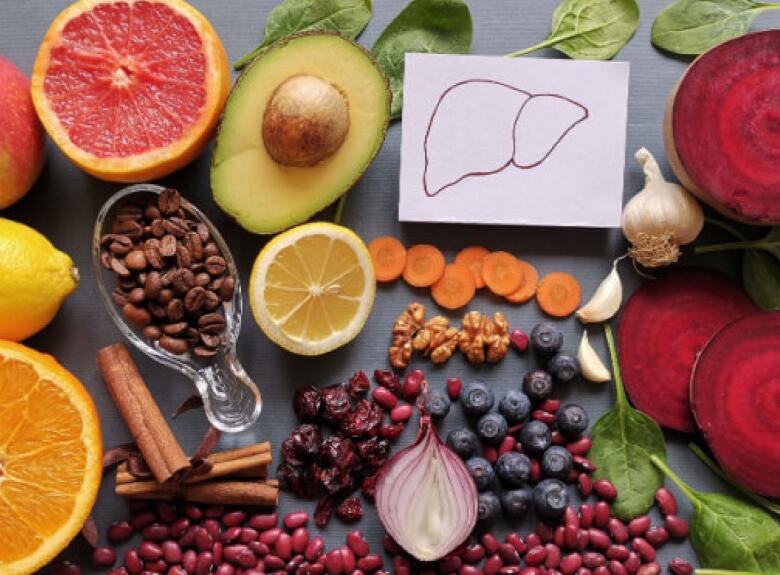
16 Best Fruits and Vegetables for Liver Health
Here are the top 16 fruits and vegetables that can help keep your liver in prime condition:
1. Blueberries
Blueberries are often touted as a superfood, and for good reason. These tiny berries pack a powerful antioxidant punch, thanks to their high levels of anthocyanins. Anthocyanins are the pigments that give blueberries their deep blue-purple color. They also happen to be potent liver protectors.
Animal studies suggest that blueberry extract can help prevent the development of liver cancer by reducing oxidative stress and inflammation. Blueberries may also help protect against nonalcoholic fatty liver disease (NAFLD) by reducing fat accumulation in the liver.
To reap the benefits, aim to eat a cup of fresh or frozen blueberries at least a few times per week. You can enjoy them on their own, in smoothies, or atop yogurt or oatmeal.
2. Cranberries
Cranberries are another berry that’s beneficial for the liver. Like blueberries, cranberries are rich in anthocyanins and other antioxidants that help shield liver cells from damage.
One animal study found that cranberry extract helped prevent liver injuries and reduced oxidative stress markers. Another study in rats with nonalcoholic fatty liver disease showed that cranberry juice helped reduce liver inflammation and improve liver function.
While more human research is needed, regularly including cranberries in your diet is a simple way to give your liver a boost. You can enjoy fresh cranberries when in season or opt for pure, unsweetened cranberry juice year-round.
3. Grapes
Grapes, especially red and purple varieties, are a great source of antioxidants that support liver health. One of the most notable is resveratrol, a polyphenol compound that’s concentrated in the skin of grapes.
Resveratrol has been shown to reduce inflammation, prevent cell damage, and increase levels of glutathione, the body’s master antioxidant, in the liver. Animal studies also suggest that resveratrol may help protect against liver cancer and reduce the severity of NAFLD.
Grape seed extract, which is available in supplement form, also shows promise for liver health. However, more research in humans is needed to confirm the benefits. In the meantime, enjoy whole grapes as a snack or add them to salads for a burst of flavor and nutrition.
4. Grapefruit
Grapefruit is a citrus fruit that contains two key antioxidants: naringin and naringenin. These compounds have been shown to protect liver cells from injury by reducing inflammation and oxidative stress.
One study in rats found that naringenin helped improve markers of liver damage and reduce inflammation. Another animal study showed that grapefruit juice helped protect the liver from alcohol-induced damage.
However, it’s important to note that grapefruit and grapefruit juice can interact with certain medications, potentially leading to serious side effects. If you take any medications, check with your doctor or pharmacist before adding grapefruit to your diet.
5. Prickly Pear
Prickly pear, also known as nopal cactus, is a fruit that’s native to Mexico and the southwestern United States. Both the fruit and juice of the prickly pear have been shown to have liver-protective effects.
One study found that prickly pear extract helped reduce symptoms of hangovers, possibly by supporting liver detoxification. Animal studies also suggest that prickly pear can reduce liver inflammation and oxidative stress, especially from alcohol consumption.
While more human research is needed, adding prickly pear fruit or juice to your diet may give your liver a helpful boost. Look for it fresh when in season or as juice in Mexican grocery stores.
6. Beetroot
Beetroot and beet juice are rich in nitrates and betalain pigments that act as powerful antioxidants in the body. Animal studies suggest that these compounds can help decrease oxidative damage and inflammation in the liver.
One study in rats with liver damage found that beetroot juice helped improve liver enzyme markers and reduce oxidative stress. Another animal study showed that beetroot extract helped prevent liver damage and reduce inflammation.
While human studies on beetroot and liver health are lacking, this vibrant root vegetable is a nutritious addition to a liver-friendly diet. Enjoy roasted beets as a side dish, add them to salads, or blend beet juice into smoothies.
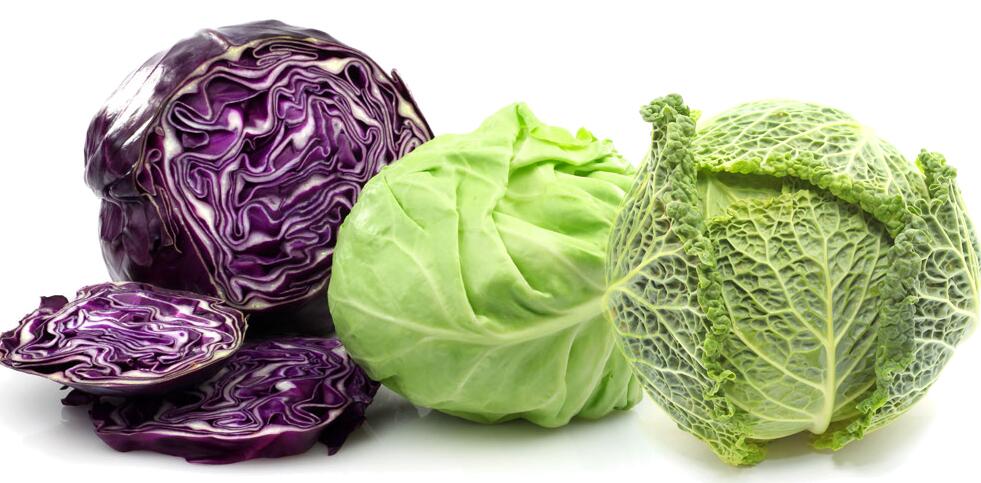
7. Cruciferous Vegetables
Cruciferous vegetables like broccoli, Brussels sprouts, cabbage, cauliflower, and kale contain unique sulfur compounds that support the liver’s detoxification pathways. These compounds help activate phase II detoxification enzymes, which bind to toxins and help remove them from the body.
Cruciferous veggies are also rich in fiber, which animal studies suggest may help prevent fat buildup in the liver. One study in human liver cells found that Brussels sprout extract helped protect against oxidative damage.
To get the most benefit, aim to eat a variety of cruciferous vegetables both raw and cooked. Steaming or lightly sautéing them can help enhance the bioavailability of their liver-supporting compounds.
8. Leafy Greens
Leafy green vegetables like spinach, Swiss chard, collard greens, and dandelion greens are excellent sources of antioxidants and anti-inflammatory compounds. They’re also rich in fiber and folate, a B vitamin that’s essential for liver function.
Studies link a higher intake of leafy greens with a lower risk of NAFLD. One animal study found that dandelion leaf extract helped prevent liver damage and reduce oxidative stress markers.
To support your liver, aim to eat a variety of leafy greens every day. Use them as a base for salads, sauté them as a side dish, add them to smoothies, or enjoy them in green juices.
9. Beets
In addition to the benefits of beet juice, whole beets are an excellent source of liver-supporting nutrients. They’re particularly rich in folate, betaine, and fiber.
Betaine is an amino acid that animal research suggests may help prevent or reverse fatty liver disease. One human study found that taking betaine supplements improved liver function and reduced inflammation in people with NAFLD.
Beets are also a great source of fiber, which helps support digestive health and promotes regular elimination of toxins from the body. Enjoy roasted beets as a side dish or grate raw beets into salads for a pop of color and crunch.
10. Carrots
Carrots get their bright orange color from beta-carotene, a pigment that the body converts into vitamin A. Beta-carotene is a potent antioxidant that has been shown to reduce liver inflammation and fibrosis (scarring) in animal models.
Carrots are also an excellent source of fiber, vitamin C, and potassium, all of which support overall liver function. One human study found that drinking carrot juice increased levels of glutathione, the body’s master antioxidant, in the liver.
To get the most benefit, enjoy carrots both raw and cooked. Grate them into salads, roast them as a side dish, or blend them into smoothies and soups.
11. Tomatoes
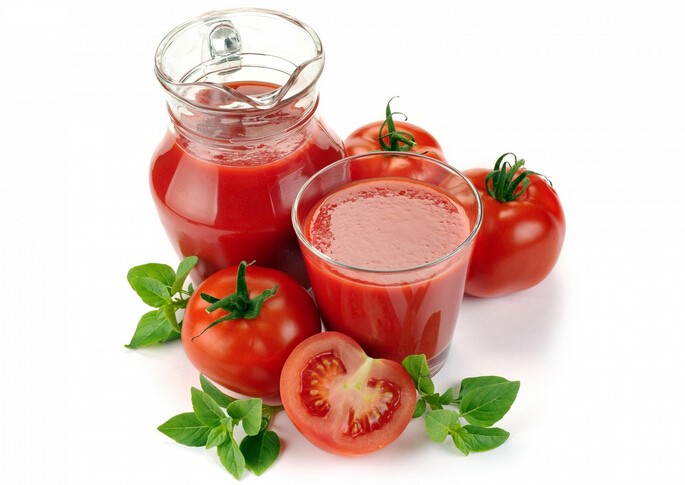
Tomatoes and tomato products are rich in lycopene, a powerful antioxidant that gives them their signature red color. Lycopene has been shown to protect against liver cancer and reduce inflammation in people with NAFLD.
Interestingly, cooked tomatoes and tomato products like tomato sauce and paste are even higher in lycopene than raw tomatoes. That’s because the cooking process helps break down the cell walls, making the lycopene more bioavailable.
To support your liver, aim to eat a variety of tomato products regularly. Enjoy them in pasta sauces, soups, stews, or as a topping for pizza and sandwiches.
12. Avocado
Avocados are an excellent source of healthy monounsaturated fats, fiber, and glutathione-boosting compounds. Glutathione is often called the “master antioxidant” because it plays a key role in liver detoxification and helps protect cells from oxidative damage.
Animal studies suggest that avocado consumption can help reduce liver damage and improve liver enzyme markers. Avocados may also help protect against NAFLD by reducing fat accumulation in the liver.
To get the benefits, aim to eat half an avocado a few times per week. Use it as a spread on sandwiches, add it to salads, or enjoy it as a topping for eggs or toast.
13. Apples
Apples are one of the best fruit sources of pectin, a type of soluble fiber that binds to toxins and heavy metals in the digestive tract, allowing them to be excreted from the body more easily. Pectin also helps feed the beneficial bacteria in the gut, which support overall liver function.
Apples are also a good source of polyphenol antioxidants like quercetin, which has been shown to protect liver cells from oxidative damage. One study in men with fatty liver found that drinking cloudy apple juice for 4 weeks helped reduce liver fat accumulation.
To get the most benefit, eat apples with the skin on, as that’s where many of the antioxidants are concentrated. Enjoy them on their own as a snack or slice them into oatmeal or salads.
14. Citrus Fruits
Citrus fruits like oranges, tangerines, lemons, and limes are rich in vitamin C, a nutrient that acts as an antioxidant and helps the liver produce collagen, bile, and glutathione. The peels of citrus fruits also contain a compound called d-limonene that has liver-protective effects.
One study in rats found that citrus peel extract helped prevent liver damage and reduce oxidative stress. Another animal study showed that lime juice helped protect against alcohol-induced liver injury.
To support your liver, aim to eat a variety of citrus fruits regularly. Enjoy them on their own as a snack, add them to salads, or squeeze their juice into water or tea.
15. Berries
In addition to blueberries and cranberries, other deeply pigmented berries like raspberries, blackberries, cherries, and pomegranates are excellent sources of antioxidants that support liver health. These antioxidants help combat oxidative stress and inflammation that can damage liver cells over time.
One study in adults with NAFLD found that drinking a berry anthocyanin extract for 12 weeks helped improve liver enzyme markers and reduce inflammation. Another study showed that eating a cup of cherries per day helped lower markers of liver damage and inflammation in healthy adults.
To get the benefits, aim to eat a variety of colorful berries regularly. Enjoy them on their own as a snack, add them to yogurt or oatmeal, or blend them into smoothies.
16. Garlic
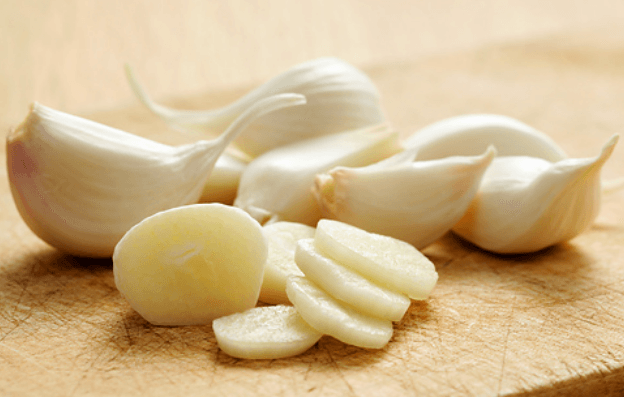
Garlic is a pungent herb that’s been used for centuries as a natural remedy for various ailments. It contains sulfur compounds like allicin that have potent anti-inflammatory and antioxidant effects in the body.
Animal studies suggest that garlic can help protect the liver from damage caused by toxins, drugs, and alcohol. Garlic may also help reduce body weight and fat accumulation in the liver, which is important for preventing NAFLD.
To get the most benefit, use fresh garlic cloves rather than garlic powder or supplements. Crush or chop the cloves to activate the beneficial sulfur compounds, then let them sit for 10-15 minutes before cooking with them.
The Bottom Line
Eating a diet rich in fruits and vegetables is one of the best ways to support liver health. In addition to a healthy diet, there are other lifestyle factors that can help support liver function. These include:
- Limiting alcohol intake
- Maintaining a healthy weight
- Exercising regularly
- Staying hydrated
- Avoiding exposure to environmental toxins like pesticides and air pollution
- Getting enough sleep
- Managing stress
By taking a proactive approach to liver health through diet and lifestyle, you can help keep this vital organ functioning optimally for years to come. Remember, your liver works hard for you every day, so it’s important to give it the care.


